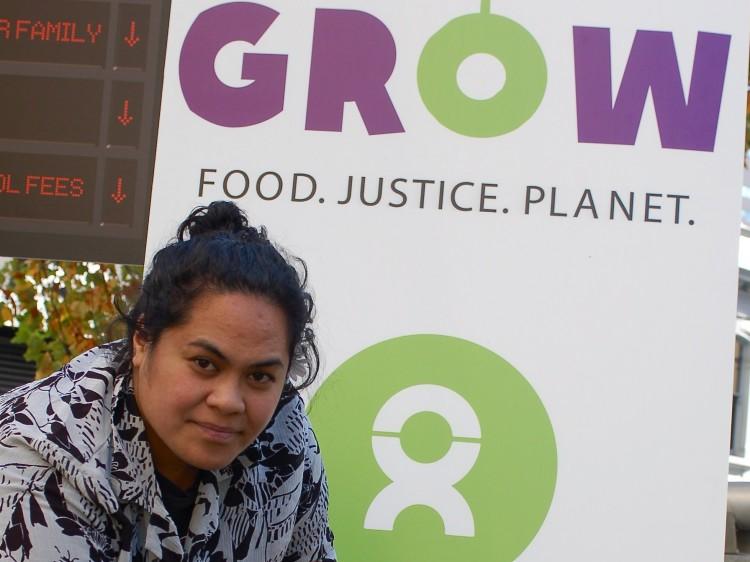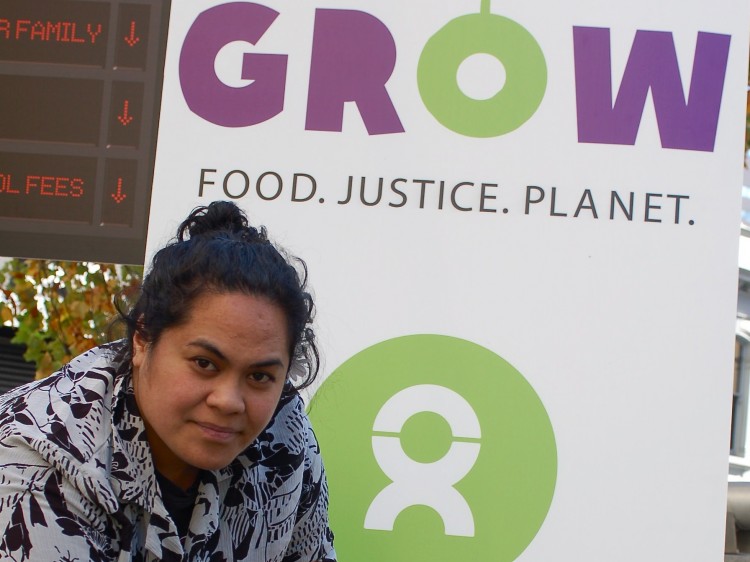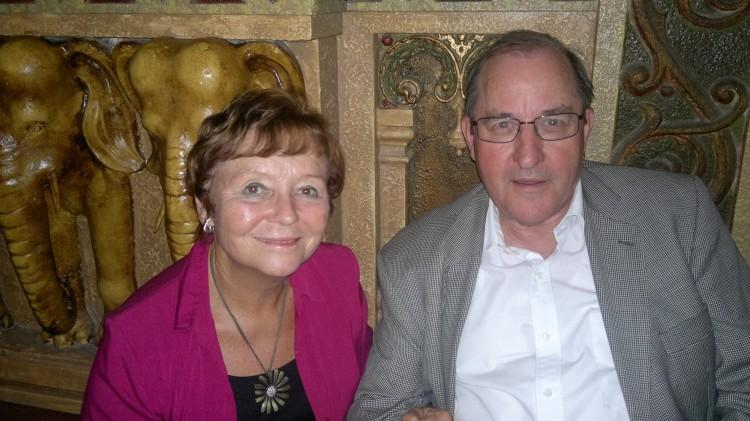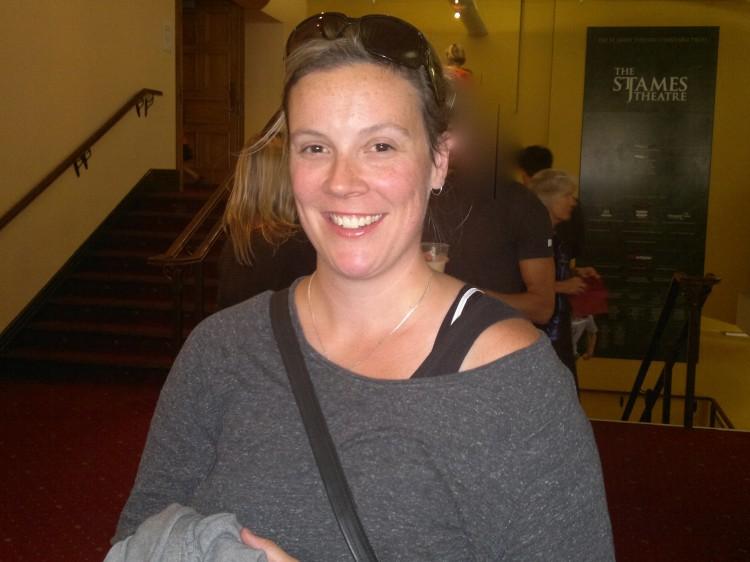New Zealand households typically throw out around a third of the food they buy and have become complacent about world hunger, says Oxfam New Zealand.
Oxfam’s largest-ever campaign, which began on 1 June, aims at bringing awareness of the environmental crises and a broken food system that are now turning back decades of progress against world hunger.
“Up until 2008, world hunger had been declining,” says John Stansfield, Oxfam campaign manager. “Things are so volatile. What would our larder be like if the boat never came...Go through your supermarket or go through your pantry and take out everything that’s not made somewhere close to where you live. By corry, you are in for a really lean time.”
A huge spike in world food prices has been spurred on by rising oil prices, but natural disasters such as the Russian wheat crisis, droughts in China and unusual temperature fluctuations in Kenya have also been implicated.
“Speculation—bankers entering into the market and driving up the prices and all that extra money not filtering down to those producing the food,” said Mr Stansfield at the launch of Oxfam’s campaign in Freyberg Place, Auckland.
Oxfam has asked the New Zealand government to make agricultural projects a priority for overseas aid funds.
“This is a brilliant, timely and important campaign and Oxfam is absolutely right,” says Green Member of Parliament, Sue Kedgley.
“Unless we radically change our global food system we will face massive starvation. It is horrifying to think that three multinational corporations control 90 per cent of the world’s grain supplies and that corporations dominate the global food chain.
Sweeping changes to global food aid and development and multinational reform are needed, she said.
Funding for agriculture has declined in recent years, says Mr Stansfield, and with overseas nations facing challenges such as climate change, there is a need to invest in small farmers.
“We need to invest...in things like disaster crops which are old style yams that you can put in the bush and will still be there if your gardens get washed away.
“We need to invest in women having better access to agricultural land and loans....We want our government to make it easier for Pacific nations to be able to support themselves by exporting food to New Zealand so that they become more valued and more valuable and more sustainable as farmers.”
Food problems are not just about having enough to eat. Pacific Island nations also have “alarming” levels of malnutrition in spite of having enough to eat, says Mr Stansfield.
New Zealand has been accused of dumping mutton flaps on island nations. Mutton flaps, a popular food in the islands, are 90 per cent fat and are a contributing factor in lifestyle diseases such as diabetes, stroke and heart attacks.
Oxfam has been responding to food crises for 70 years and is backed by high-profile supporters including former President Lula of Brazil, emeritus Archbishop Tutu and actress Scarlett Johansson.
Kiwis Need to Think About Food and Hunger
New Zealand households typically throw out around a third of the food they buy and have become complacent about world hunger, says Oxfam New Zealand.
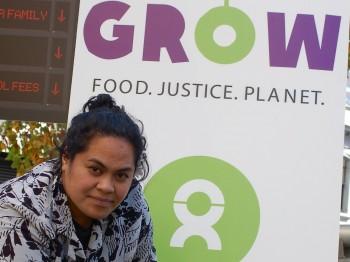
There is a need to invest in women having better access to agricultural land and loans. Launching Oxfam's GROW campaign in Freyberg Place, Auckland. Oxfam
|Updated:
